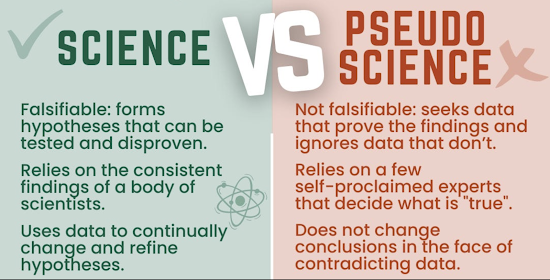768kHz for digital music sampling? Can you hear 384kHz? You're crazy...
- Get link
- X
- Other Apps
Do I want to hear up to 384kHz? LOL... of course not 😂 768kHz sampling is for something else...
(TL;DR)
The number one mis-understanding of why using Hi-Res music is:
"why we need to to hear frequencies that fall in the ultrasonic range (i.e. higher than 22kHz for most people)???"
If you asked similar question or answered someone's question like below, then you are pretty much belong to a group of people who don't know what's Hi-Res music is. Hi-Res music is, in fact, to help your DAC to reconstruct better audio output for the audible range (yes, it is for the frequencies BELOW 22kHz with 768kHz sampling)...
(It is a real dialogue as I just saw it today in an Audio Science forum)
Someone asked:
Many DACs descriptions enhance in capital letters 32/768 kHz resolution. Is there any domain when such a resolution may be justified?
Other (more experienced member) replied:
Can you think of a circumstance where you'd even want a dynamic range of over 190dB and/or a frequency response up to 384kHz?
Apparently the Gray Moth can hear up to about 300kHz (gotta get away from those bats with that pesky echolocation thing), so there is that to consider if you want to record those sounds, but otherwise it doesn't seem to be useful for listening to music.
Sorry, I would like to help to debunk these misleading information on the spot in the discussion but I couldn't as I was stopped from replying that thread. I could only help here.
The wrong answer shown above is the number one mis-leading answer in an attempt to kill Hi-Res music (especially for the people who asked such question have limited knowledge about digital music / signal sampling).... I hope that guy won't really take the wrong answer from a supposed-to-be objective audio science based web site as a fact without checking more by himself.
Ok, then you may ask "then what Hi-Res do for us?"
It is simple, let's see what it does first:
1. Over-sampling (ie. sample the original music signal more frequently within a second
2. More bits for bit-depth (i.e. 24 or even 32 instead of 16 bit)
What are the benefits?
Over sampling helps to reconstruct final better audio signal from a DAC
1. Oversampling does help to reconstruct better audio signal as it improves anti-aliasing performance, increase resolution, and reduce noise.
2. In terms of sampling frequency, "Hi-Res" music (anything higher than 44k) is an example of oversampling (as in theory, only 44kHz is required). It happens during the ADC process. From point 1 above, it would help to regenerate better audio signal, hence, better music.
3. In terms of bit depth, "Hi-Res" music use more than 16 bit. It helps to reduce Quantization error. it would help to regenerate better audio signal, hence, better music.
4. The purpose for using "Hi-Res" input is not for its ability to reconstruct signal outside the audible range. It is just a by-product. Yes, based on sampling theory, we can use 768k sampling to reconstruct signal with frequencies up to 384k but again, this is not what we needed.
5. Hi-Res industry used the by-product I mentioned in point 4 above as a marketing material when they initially pushed for SACD. It caused people who knows about the audible frequency range to consider Hi-Res music as snake oil (but it is not snake oil for other reasons stated above)
I don't want to go too deep about all the benefits here as it is extremely technical. If you really want to know. Let me know, see if I can help further.
(updated 29 April 2024, I saw this on facebook: Hi-Res Audio | Hi Res: Why higher sample rates sound better and what you can do about it | Facebook )
Hi-Res is not for sound in the ultrasonic range, it is for better reconstruction of music by a DAC for the audible range.
p.s.: Sigh... looks like one more guy (who asked the question above) was somehow convinced by the misleading info....
=========== Follow up ===========
update 28 Apri 2024: that person was eventually banned for that thread as he was rising some concerns with his critical thinking. As stated in my other blog, "psueduo science hates critical thinking"; they cannot co-exist.
- Get link
- X
- Other Apps




Comments
Post a Comment